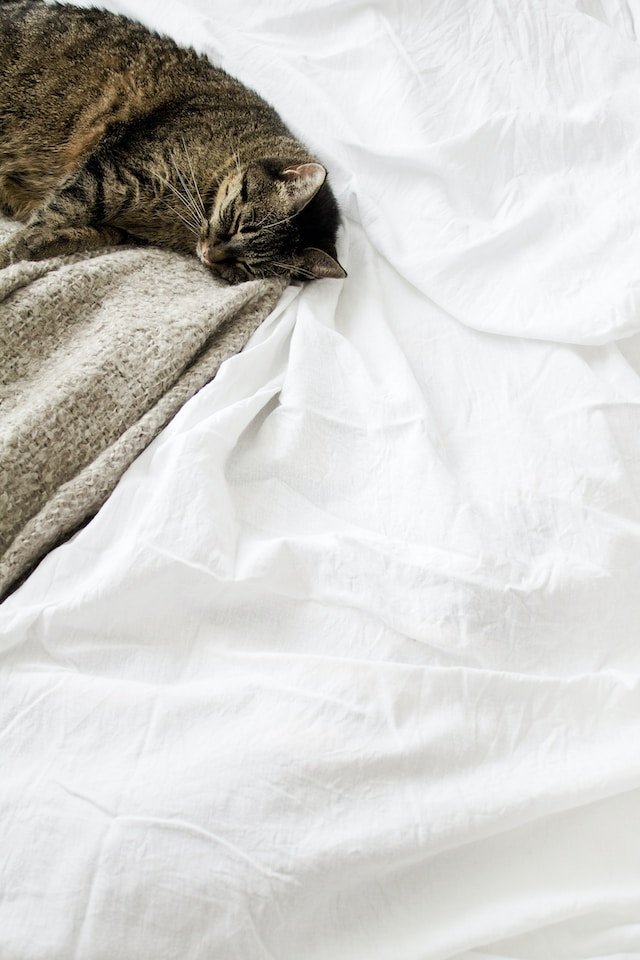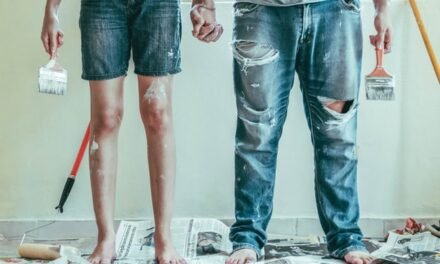
9 Important Ways to Make Your Mattress Last Longer

Sleep is a vital part of your health. Not only is it essential for managing your energy levels and productivity, but it directly contributes to many physical and mental health benefits your body needs to function correctly. For these reasons, maintaining a well-structured, supported and clean mattress is vital to achieving your required eight hours.
The longevity of your mattress is influenced by the material it is made from and the care and maintenance it receives through usage. Therefore, your dedication to properly caring for your bed will largely dictate how long you are able to use it and the speed at which it deteriorates. Thankfully, there are easy but effective ways to extend your bed’s life, from a mattress cover to cleaning routines.
Use a Mattress Protector
The most important thing you can do to improve the longevity of your mattress is to use a waterproof or water-resistant mattress protector. Even if you haven’t wet the bed in decades, it is the simplest way to ensure unforeseen accidents and spills don’t ruin an otherwise decent mattress.
Any type of liquid or fluid can cause the foam to break down and degrade, leave unpleasant odors and create mould or mildew between the enclosed layers. Furthermore, nighttime sweating, sheadded skin cells and dust mites are all frequently absorbed into your bed. Prevent this from penetrating the mattress, avoid allergen buildup, and keep the environment clean and healthy.
Clean Your Bedding Regularly
The frequency you choose to wash and change your bed linen depends purely on personal preference, widely varying from person to person. But many experts recommend that washing sheets at least every two weeks is the optimal rotation.
Your bedding soaks up any sweat, skin cells, and other germs you are unable to see but would prefer not to have around. In addition, regularly cleaning your linen helps to prevent allergies and skin irritations, further adding to the importance of keeping them clean.
Clean the Mattress Regularly
Besides cleaning your bed linen, it is also essential to clean the mattress. It is a good idea to fully strip your bed and vacuum the surface and seams every four to six weeks to remove any dust or debris that may have built up, even if you use a mattress protector.
Before vacuuming, sprinkle baking soda over the surface to adsorb excess moisture and nasty odors. Any stains or spills should be treated immediately to avoid allowing them to set in, making them harder to clean. If the mattress cover is removable and washable, use this chance to inspect the structure of the mattress while it is in the wash.
Avoid Eating & Drinking in Bed
It is very tempting to embrace your inner Winston Churchill and enjoy breakfast in bed or tasty snacks while watching a movie, but it is a good idea to keep food away from your bed. You may not spot the fallen crumbs and small, unnoticeable stains, but it will be an open invitation to ants and cockroaches.
Furthermore, it is suggested that you avoid drinking anything while in bed to reduce any chance of spillage and mess. Should you require a drink at night, stick to plain water that will cause minimal damage.
Ensure Your mattress is Well-Supported
Your mattress is designed to support you, but it also needs to be properly supported to promote long-lasting comfort and durability. Check your bedframe and foundation every couple of months to confirm if they provide a solid base for your mattress and the overall structure of your bed. It will also guarantee that your mattress wears evenly with regular use.
Box springs that are worn out and drooping, wood slats that are placed too far apart or have a weakened structure and a generally broken frame all contribute to quicker wear and tear and should be replaced as soon as possible.
Keep Pets in Their Own Beds
Pets are cuddly creatures by nature, and there are very few things better than snuggling in bed at night, reading a book, with your best friend nestled next to you. However, the biggest issue with your four-legged friend is the potential of additional germs and parasites they could bring into your bed. Once your pet is on your bed, these nasty additions can easily be transferred to your sleep space and cause complete havoc.
Furthermore, most animals shed fur and dander, sweat and slobber, all adding to various fluids, germs and dirt that can become embedded in your linen and mattress. It may feel somewhat lonely at night without them, but for the best of you both, buy them their own designated bed that can be kept in your bedroom and regularly washed.
Frequently Rotate
Aside from using a mattress protector, another simple but highly effective way to extend the life of your mattress is by regularly flipping or rotating it. This process prevents it from developing a permanent dip where you lie every night. Also, if you don’t share your bed with another person, try to switch the side of the bed you sleep on every month to allow for even wear on both sides.
Your manufacturer includes instructions on whether you need to rotate or flip your bed and the frequency you should be doing it. However, some brands pride themselves on their products not needing any movement at all.
Be Aware of Possible Bed Bugs
Regardless of severity, any type of bed bug infestation can immediately make your mattress completely useless. Therefore, you should be vigilant when returning from hotel stays, bringing in secondhand furniture or sleeping away from home.
Invest in a bed-bug-proof mattress cover if you live in an area prone to these problems. These zipped cases will fully encase the bed and prevent these pesky nuisances from destroying your property. Then, as an extra layer of protection, regularly clean your bedroom, linen and mattress.
Follow the Owner’s Care Manual
That care manual that is included in all new purchases is your best guide when learning how to make your mattress last longer. It contains the necessary information regarding flipping and rotation, the best way to keep it clean and other essential tips that allow you to maximise its use.
Mattresses typically last for five to seven years, with the better brands exceeding ten years with the proper care and maintenance. A significant influencing factor is the material of the bed, with innerspring varieties lasting five to six years, while foam and hybrid beds push six or seven years. The manufacturer warranty included will educate you on the operational life of your purchase and stipulate any return or replacement requirements and guidelines.
Feature Photo by Roberto Nickson on Unsplash





































